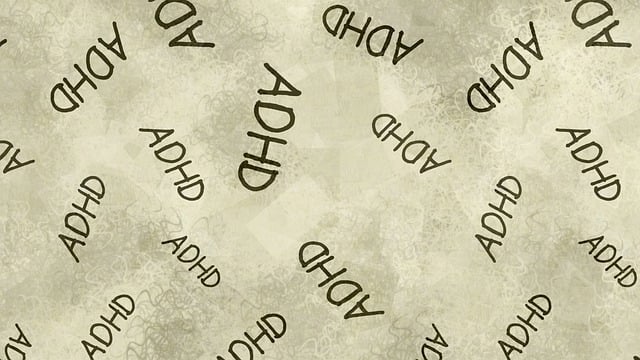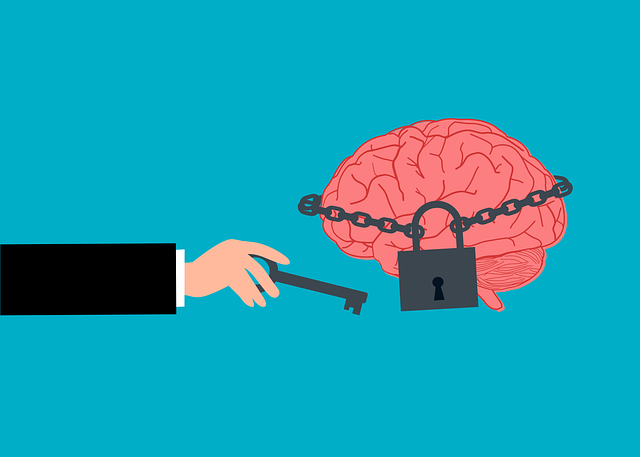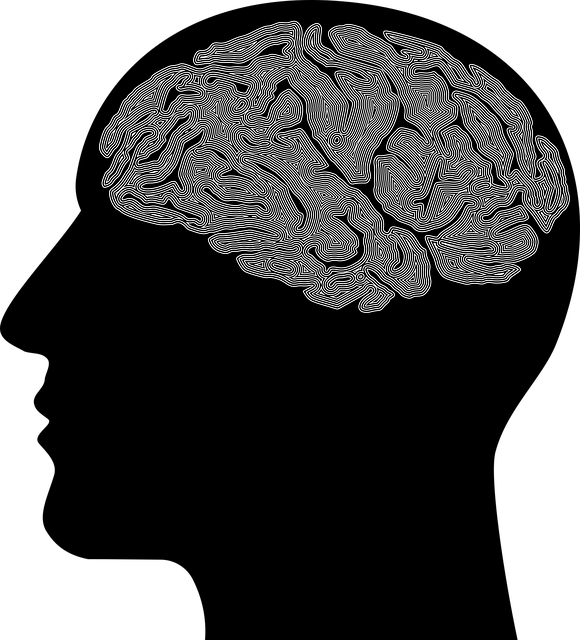Lone Tree Parenting Skills Therapy (LTPST) is a structured program transforming family dynamics through improved parenting practices and emotional intelligence. It involves risk assessment, regular sessions, and progress tracking to evaluate its effectiveness, ensuring anxiety relief, emotional regulation, and enhanced family well-being. Evaluation methods include quantitative assessments, observational techniques, and participant feedback, providing a holistic understanding of LTPST's impact on mental wellness. Indirect assessment through community metrics like school attendance and healthcare utilization reveals broader societal benefits, while iterative evaluation ensures LTPST remains relevant and effective in supporting individual and community emotional well-being.
Mental wellness program evaluations are vital for ensuring effective support and sustainable impact. This article explores diverse evaluation methods, from direct measures and observational techniques to self-report feedback and indirect assessments. We delve into the foundation of Lone Tree Parenting Skills Therapy as a proven approach, and discuss how iterative, continuous improvement processes enhance mental wellness initiatives. By understanding these methods, practitioners can optimize programs for better outcomes.
- Understanding Lone Tree Parenting Skills Therapy: A Foundation for Evaluation
- Assessing Program Impact: Direct Measures and Observational Techniques
- Participant Feedback: The Power of Self-Report Methods
- Indirect Assessment: Utilizing Data and Community Metrics
- Continuous Improvement: Iterative Evaluation for Optimal Mental Wellness Programs
Understanding Lone Tree Parenting Skills Therapy: A Foundation for Evaluation

Lone Tree Parenting Skills Therapy (LTPST) is a structured approach designed to enhance family dynamics and foster healthy parenting practices. This therapy method focuses on building emotional intelligence, a key component in managing mental wellness. By equipping parents with practical skills, LTPST creates a stable foundation for both parents and children, promoting better communication and reducing conflict. The program’s effectiveness lies in its ability to empower parents, helping them navigate challenging behaviors and emotions effectively.
Evaluating LTPST involves assessing the improvement in parenting skills and the resulting changes in family interactions. This process includes risk assessment for mental health professionals to gauge potential issues and tailor interventions accordingly. Through regular sessions and progress tracking, therapists can measure anxiety relief, emotional regulation, and overall family well-being. By integrating these evaluation methods, LTPST ensures a comprehensive understanding of its impact, allowing for continuous improvement and better support for families in need.
Assessing Program Impact: Direct Measures and Observational Techniques

Evaluating the impact of a mental wellness program is a multifaceted process that combines direct measures and observational techniques. Direct measures involve quantitative assessments such as surveys, questionnaires, and standardized tests designed to gauge specific aspects like stress management skills, coping mechanisms, and changes in mental health symptoms. These tools provide tangible data on participant progress, offering insights into the program’s effectiveness.
Observational techniques, on the other hand, rely on direct observation and interaction with participants. Therapists can assess improvements in Lone Tree parenting skills therapy sessions, noting changes in behavior, communication, and emotional regulation. Additionally, observational methods can capture subtle shifts in participants’ overall demeanor and engagement during group activities or mental wellness podcast series production, indicating deeper coping skills development. This holistic approach ensures a comprehensive understanding of the program’s impact on mental wellness.
Participant Feedback: The Power of Self-Report Methods

Participant feedback is a powerful tool when evaluating mental wellness programs, particularly those focused on parenting skills and therapy like Lone Tree Parenting Skills Therapy. Self-report methods, where participants share their experiences and perceptions, offer valuable insights into the program’s impact. This can include surveys or questionnaires that assess changes in mental health awareness, emotional well-being, and coping strategies. By encouraging open and honest responses, these methods provide a direct line to understanding how the program has affected individuals’ lives.
Integrating participant feedback into evaluation allows for continuous improvement of such initiatives. It helps identify areas where Lone Tree Parenting Skills Therapy excels and aspects that may need refinement, ensuring the program remains relevant and effective in supporting mental health awareness and crisis intervention guidance. Moreover, public awareness campaigns development can be informed by these insights, fostering a more nuanced understanding of community needs in regard to mental wellness support.
Indirect Assessment: Utilizing Data and Community Metrics

Indirect assessment methods play a crucial role in evaluating mental wellness programs, especially when it comes to understanding the broader impact on communities. By examining data and community metrics, professionals can gain valuable insights into the effectiveness of interventions aimed at improving mental wellness. This approach goes beyond individual therapy sessions, focusing instead on collective indicators such as school attendance rates, community engagement levels, and local healthcare utilization patterns. For instance, a study comparing the outcomes of Lone Tree Parenting Skills Therapy with control groups revealed significant reductions in stress reduction methods used by parents, suggesting an improved ability to manage emotional healing processes within families.
Community-level data also provides a unique perspective on mental wellness. By tracking changes in social cohesion, crime rates, and economic indicators, researchers can assess the overall health of a community. For example, areas where Mental Wellness programs have been successfully implemented may exhibit decreased crime and improved economic vitality. These indirect assessment techniques are essential for evaluating the societal benefits of therapeutic interventions, ensuring that efforts to enhance emotional healing processes translate into tangible improvements in the well-being of entire communities.
Continuous Improvement: Iterative Evaluation for Optimal Mental Wellness Programs

Mental wellness programs strive for continuous improvement through iterative evaluation, ensuring their effectiveness and relevance over time. This approach involves regular assessment, analysis, and adaptation based on feedback from participants, therapists, and other stakeholders. By embracing an agile mindset, programs can identify areas needing enhancement, incorporate best practices, and stay aligned with evolving research in the field of mental health. For instance, a program focused on Lone Tree Parenting Skills Therapy might utilize participant surveys to gauge their satisfaction and the impact on their parenting abilities.
Iterative evaluation allows for tailored adjustments, incorporating successful strategies and innovating based on identified gaps. This dynamic process mirrors the evolution of public awareness campaigns in promoting mindfulness meditation and depression prevention. As new insights emerge, mental wellness programs can adapt, ensuring they remain optimal tools for supporting individuals’ emotional well-being.
The evaluation of mental wellness programs, such as Lone Tree Parenting Skills Therapy, is a multifaceted process that combines direct measures, observational techniques, participant feedback, and indirect assessments. Each method offers unique insights into program impact, enabling continuous improvement through iterative evaluation. By understanding the foundational principles of Lone Tree Parenting Skills Therapy and employing these diverse evaluation strategies, we can ensure optimal mental wellness programs that effectively support individuals and communities.














